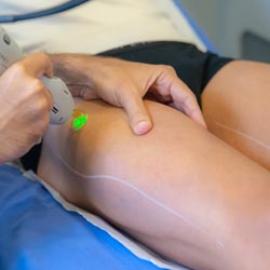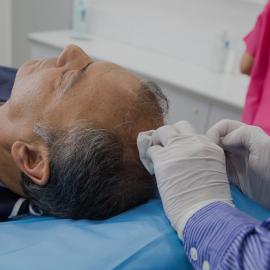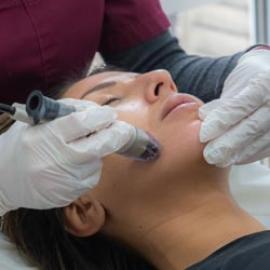
Approximately 50% of women are affected by vaginal laxity. Some women may experience a looseness in their vagina over time. If their sex life and also their sense of self are affected, they will need appropriate treatment to resume normal life and restore their psychological well-being.
This is a sensitive issue, which is still difficult for those women who are suffering from it to talk about. Today, medicine and cosmetic surgery make it possible for women who have vaginal laxity to resume a normal sexual life and regain sensitivity.
Vaginal laxity: what is it?
The vagina has an internal support structure formed by collagen fibers. They give a certain firmness to the vaginal tissue. However, with time and a decline in the production of collagen, this tissue is eventually distended and sags. This is named vaginal laxity.
This condition creates the impression that the opening of the vagina is loose. Women who have vaginal laxity feel that their vagina is too wide as a result and not tight enough. This problem leads to a loss of sensitivity and a lack of enjoyment during sex for women.
However, despite the impact that vaginal laxity can have on women, very few even dare to talk to their doctor about it for a number of reasons:
- They often feel ashamed
- They don’t know how to talk about this intimate issue
- They think that the physician will not take them seriously
- The physician is too old or too young and they think he will not understand
Vaginal laxity: what are the causes?
Vaginal laxity may be caused by a number of factors:
Ageing: with a decrease in the amount of collagen in the skin, the vagina eventually loses its firmness and becomes loose. Much like the skin on the face, the vaginal orifice ends up loose.
After childbirth: when a woman gives birth in a natural way, the opening of the vagina undergoes excessive stretching that can ultimately damage the collagen fibers in the vagina. This is why it is not unusual for vaginal laxity to happen after childbirth.
During menopause: significant hormonal alterations may lead to vaginal laxity. Indeed, with the substantial reduction in estrogen in the body during menopause, the vaginal tissues eventually lose elasticity and firmness.
Vaginal laxity: how to remedy it
Today, thanks to medicine and cosmetic surgery, the vulvovaginal region can be tightened.
Various different procedures are available that allow a woman to restore some sensitivity during sexual intercourse, but also prevent chafing or any other kind of discomfort.
Vaginal laxity can be effectively treated today, whether through laser treatment or radiofrequency.
Women who have used this kind of treatment have been able to regain the sensitivity of the vagina. They have also mentioned a decrease in chafing and urinary tract infections.






















































